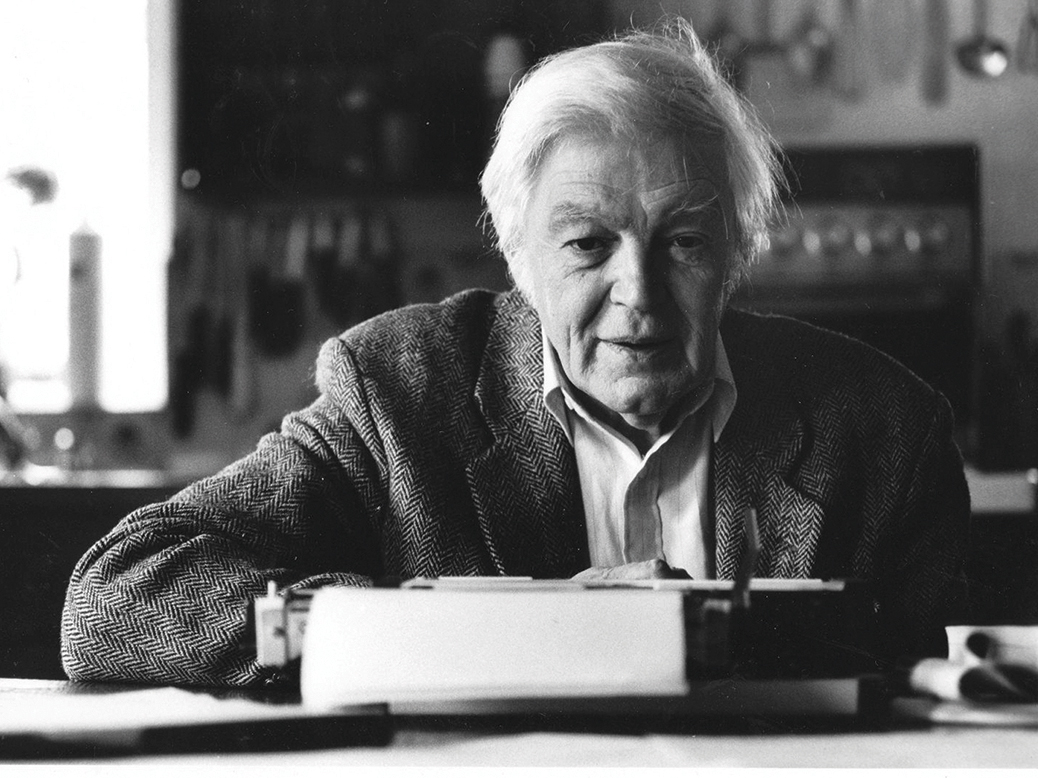By Ken Worpole, October 30, 2024
The New Statesman columnist and anarchist was a proponent of radical social change that put the most vulnerable first.
We could say of Colin Ward, anarchist and former New Statesman columnist, what he said of his mentor WR Lethaby: “His ideas were too simple for people to understand them.” As the author of over 30 books on architecture, housing policy, play theory, environmental education and prison reform, Ward was a philosopher of the vernacular. Mutual Aid, Everyday Anarchy, a collection of essays on Ward edited by Andrew Kelly, was published by Five Leaves to commemorate the centenary of his birth in 1924. For Ward’s biographer, Sophie Scott-Brown, his “priority was to revitalise anarchy in the popular imagination by showing how its principles of self-reliance, cooperation and mutual aid were already part of our daily lives.”
Growing up in Wanstead in suburban Essex, and leaving school before taking exams, Ward started work as a trainee draughtsman. From an early age he espoused the anarchist cause as a fluent writer: first for the anarchist weekly Freedom from 1947 until 1960, then as editor of Anarchy between 1961 and 1970. In 1971 he took a full-time job as Education Officer at the Town & Country Planning Association (TCPA), where he established an international reputation, becoming “one of the few anarchist writers to have a larger readership outside of anarchist circles than within them.”
At Anarchy, Ward pioneered a new kind of socially concerned journalism, commissioning articles from community activists, dissident academics and voices from the social margins. These essays amounted to a vibrant re-description of contemporary British life as a patchwork of voluntary action, informal education and social endeavour, with a strong sense of locality. When the like-minded journal New Society arrived in 1962, “Ward was an instant fan,” writes Scott-Brown, though the first two editors were already fans of his.


